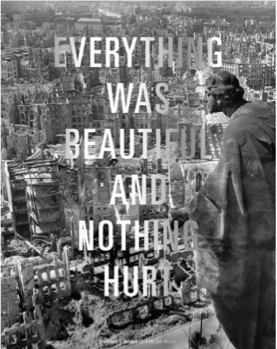Poetics and Politics of Documentary:
a documentary research symposium
 Please submit an abstract of 200-300 words, a brief bio and indicative bibliography to:
Please submit an abstract of 200-300 words, a brief bio and indicative bibliography to:
The CFP is now closed for Poetics and Politics 2017.
The 3rd edition of Poetics and Politics of Documentary: A Documentary Practice-led Research Symposium will be held at University of Sussex. This symposium provides a rare and valuable opportunity to theorise documentary practice and to engage in dynamic discussion about documentary at the intersections between technology, aesthetics and ideology. Following on from the first two successful gatherings of practitioner-scholars in this field at Aalto University Helsinki (2013) and UC Santa Cruz, (2015) the symposium invites participants whose practice-based work frames, historicizes, or embodies questions about the various possible relations of theory to practice in documentary research. The symposium reflects a variety of approaches to documentary from a range of fields including film, video and new media, art practice, including photography and sound arts, media and visual culture studies, visual anthropology and ethnography. The emphasis of the event is critical reflection by practice-based researchers concerning the forms, aesthetics and politics with which their work engages.
This third edition of Poetics and Politics of Documentary will continue to explore the key themes of poetic praxis, with a particular emphasis this year on the theme “Beyond Empathy.” The recent affective turn in critical theory has not bypassed documentary and indeed has seemed to justify a whole host of strategies and funding streams that emphasize documentary’s emotive potential. Character driven story lines complete with dramatic arcs reign supreme in today’s documentary landscape, and with the rise in VR experiments the discourses of empathy and experiential transference have never been higher. While documentary has always incorporated a range of methods to reach and move its viewers, and the current hybridity of documentary modes and platforms results in new configurations of affective and cognitive experience for viewers/users, there seems to be an uncritical embrace of the sensory and affective register that may or may not take account of questions of the political and/or the poetic. It also tends to foreclose many of the more experimental and creative practices that have distinguished documentary practice from the start. The proliferation of alternative realist media (such as expanded cinema, live cinema, i-docs) and VR with their funding intensive requirements has only further pressured this case.
• How might the call for empathy be justified in relation to debates from Brecht onwards about the political and ideological limitations of such an approach?
• How do we move between eliciting empathy to creating analysis and how can the affective dimension of visual and aural languages be best deployed to achieve this?
• Conversely how might works which are not explicitly ‘political’ in their address utilize documentary forms in unexpected ways to mobilize social engagement in viewers and users?
• What innovative practices are documentary practitioners using to counter this empathic trend?
• To what extent do the immersive or interactive affordances of these newer documentary practices succeed in encouraging political agency?
• What is the relation between immersion, action and political engagement?
In addition to this theme, we encourage proposals on the full range of topics related to the broader theme of poetics and politics of documentary practice. We will consider all relevant proposals. We hope to attract speakers working in and across moving image, digital media, photography, installation and writing. The symposium aims to foster critical communities of practice and productive debate around examples of work.
Presentations can be on completed works or works-in progress and are welcome to take up any question with regard to the intersections between the practice, politics, and poetics of documentary, broadly conceived.
There will be an opportunity to screen/present works alongside the panel presentations but space for installation work will be limited. If you wish to exhibit/make available work outside of your presentation, please indicate this in your proposal with any technical/space requirements. However presentations should not depend on your work being exhibited i.e., they should be free-standing.
Conference organisers: Alisa Lebow and Lizzie Thynne. For more information: poeticsandpolitics@sussex.ac.uk

